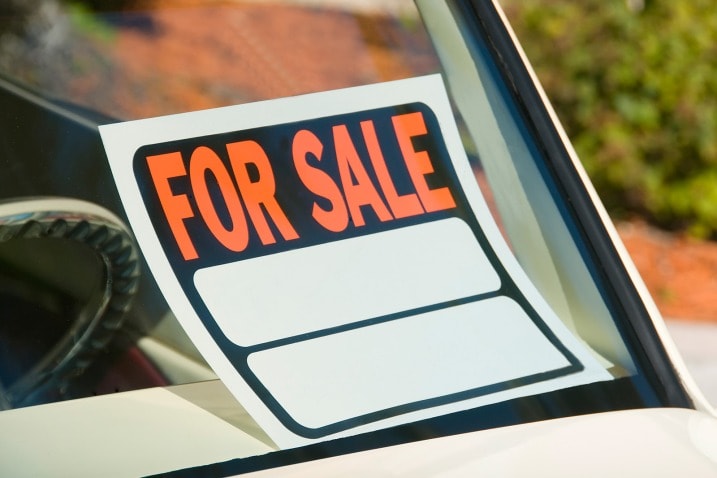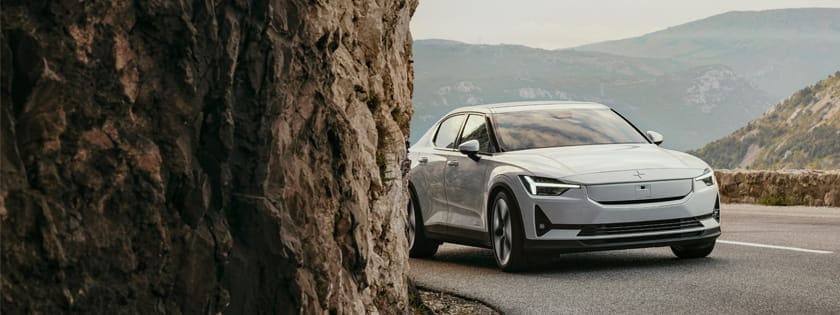Buying or selling a car through a private party might sound daunting, but it's really no more involved than working with a dealer. Often, it's smoother and easier. A private-party car sale carries an element of risk for both buyer and seller, but by following a few time-tested tips and checklist items, you'll ensure a successful transaction whichever side you're on. Below, we'll guide you on how to pay for a used car in a private sale, what kind of payment to accept when selling a car, and the kinds of documents you'll need.
Laws governing the sale of motor vehicles vary from state to state, but the general contours are similar. As the private seller, you need to get proper payment and release your liability for the vehicle. As a buyer, you need to prove legal ownership in order to register it. This requires minding some details in the paperwork and often a trip to your local department of motor vehicles (everyone's favorite errand). But buying or selling, the first thing to do is get familiar with your state DMV's website. Look for links such as "title transfers" and "release of liability." You'll likely find some helpful checklists or sequences to follow there as well.
As a buyer, you will have to prove you are the new legal owner of the vehicle in order to register it. In most cases, this means you will have to get the title, often called the "pink slip," from the seller or possibly a bill of sale. With the proper documents in hand, go to your state's DMV or motor vehicle registry, where you may be required to pay sales tax before you receive the new registration, title and (in some states) new license plates.



 by
by 
